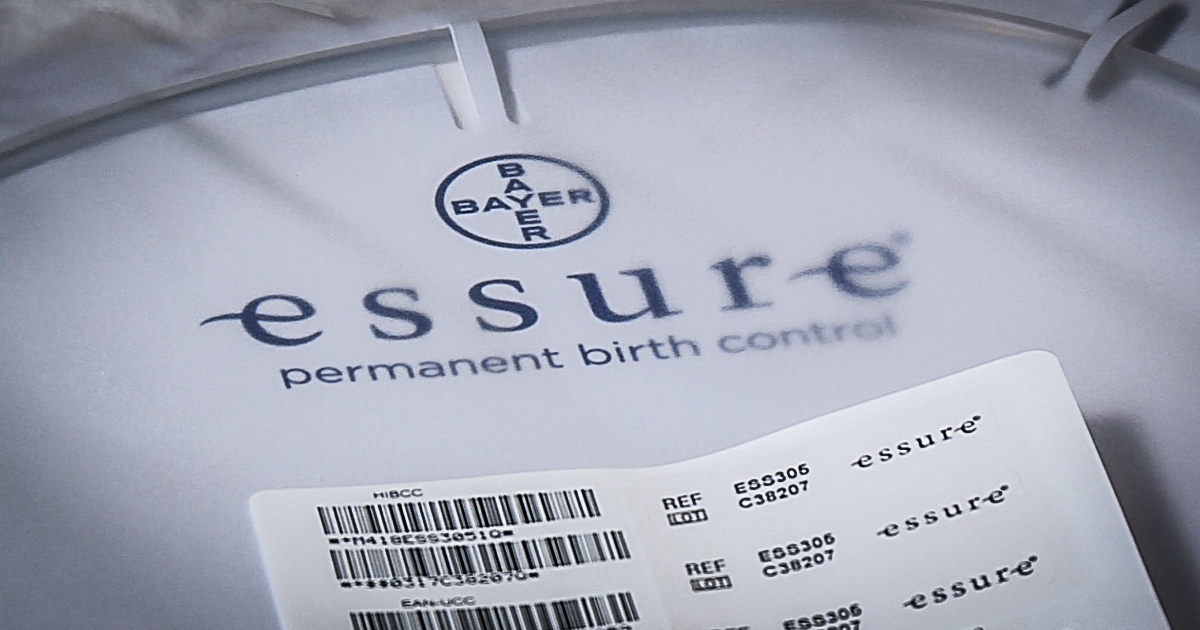A former regulatory specialist for medical device manufacturer CR Bard alleges that someone at the company forged her signature on an FDA application in order to get approval for a device.
Kay Fuller is a regulatory specialist. Her job at CR Bard was to work with the US Food and Drug Administration in order to get approval for medical devices. The device in this particular case is known as the Recovery Blood Clot Filter. Surgeons insert this device into a major artery in order to prevent blood clots from entering the heart or the lungs. According to Ms. Fuller, a clinical trial raised serious questions about the safety of the device. Furthermore, the company itself withheld test results, and did not share them with her.
When she questioned this, the management at CR Bard basically told her to stop asking questions, or she could seek employment elsewhere. In response, Ms. Fuller refused to sign the company’s FDA application for approval. Nonetheless, an application with what appears to be her signature wound up being submitted to the FDA.
How did this happen? Ms. Fuller has no idea. However, she has told NBC news that it is not her signature. “I will tell you that I did not sign it,” she says. A comparison of her signature shows significant differences from the one on the application.
Since the FDA approved the device, the Recovery Blood Clot Filter has been implicated in at least twenty-seven deaths and several hundred adverse events.
And what is CR Bard’s response? Instead of issuing a recall, it has hired a public relations firm to shore up the company’s image. Their main concern is that “unfavorable press” will cause its stocks to fall and damage the company’s reputation.
It’s a bit late for that. CR Bard is one of the manufacturers that brought the world the transvaginal mesh, a device that has caused injury and misery for tens of thousands of women. The company recently settled 3,000 lawsuits for $200 million – but only after a protracted legal battle to avoid taking responsibility.
It is patently obvious that Big Pharma and medical device manufacturers place profits above human life, and won’t hesitate to sacrifice those lives to the bottom line. However, Brandon Bogle, with Levin Papantonio, who is handling litigation against Bard, says this recent action crosses the line even for Big Pharma greed. Forgery is a felony, no matter how one looks at it. Natural persons found guilty of forgery wind up with lengthy prison sentences. However, CR Bard is a “Corporate” person. The FDA has stated that it takes the allegations “very seriously” and is conducting an investigation – but if history is any indication, nobody will go to jail, and CR Bard’s very profitable business will go on as usual.

